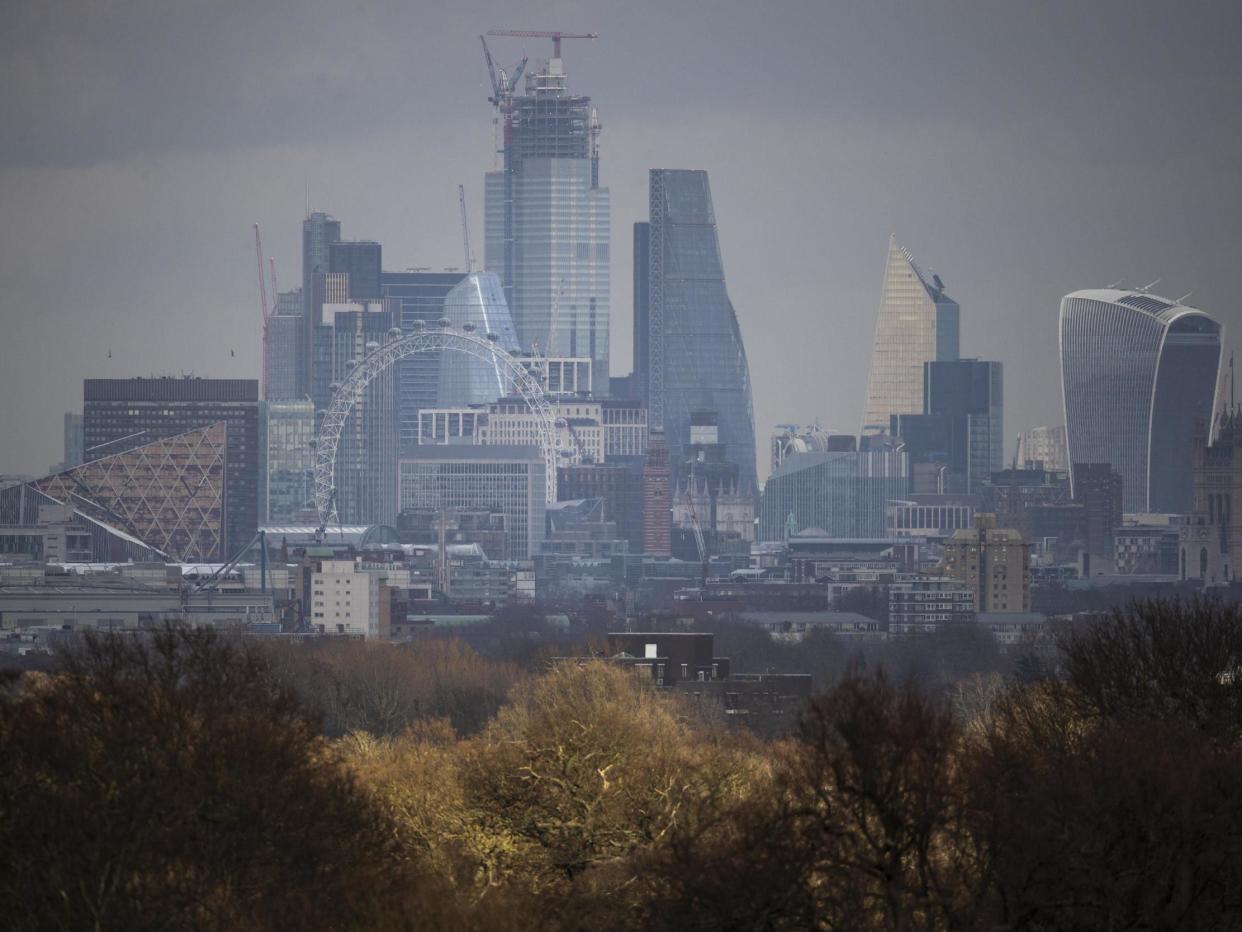London becoming ‘off-limits’ for non-elites, and idea of moving to city to make fortune a myth, report finds

London has cemented itself as the UK’s “elite epicentre” since the 1980s and has become increasingly off-limits to those from less privileged backgrounds, an extensive study suggests.
The “Dick Whittington vision” of moving to the capital to make one’s fortune is largely a myth, the Sutton Trust’s report found.
The skyrocketing cost of living in London means those from privileged backgrounds are the most able to migrate there and take advantage of the most sought-after career opportunities, researchers concluded, finding three quarters of those who move to London for elite jobs are already advantaged.
Furthermore, the analysis of census-based data suggested the vast majority of the most socially-mobile people born between 1965 and 1981 had never made a long-distance move, choosing instead to remain close to home and benefit from the growing spread of professional jobs across the country.
However, social mobility appears to be decreasing, with the number of men rising to professional and managerial classes from the lowest occupational classes declining from 20 per cent in those born between 1955 and 1961, to 12 per cent in those born two decades later.
To combat this rising inequality, the report recommends abolishing unpaid internships, increasing the number of degree-level apprenticeships on offer as an alternative to university, and incentivising state schools to concentrate more on life skills like public speaking, self-control and motivation techniques within their curriculums.
“London is essentially off-limits to ambitious people from poorer backgrounds who grow up outside the capital,” said Sutton Trust founder, Sir Peter Lampl. “That means that boosting London is not going to have much impact on making things fairer for anyone other than those already living there.
“In spite of the dominance of London, over two thirds of the socially mobile have never made a long-term move. It’s crucial that the new Conservative government implements its policy of creating more opportunities across the country so that talented people can benefit from them wherever they live.”
The London School of Economics researchers analysed 40 years of census data to assess whether the divide between the UK’s elites and the rest of the population is widening — not only in economic terms, but also culturally and geographically.
They found the UK’s increasing economic divide is having a “powerful though subtle” effect on our social and cultural relationships.
Paradoxically, the country’s growing inequality in terms of gender, race and class appears to be associated with a widespread endorsement of meritocratic ideas.
The researchers say this could in part be fuelled by this increasing geographical divide, which in turn reinforces social differences. While those living in London may not see themselves as especially fortunate as they are surrounded by those of similar privilege, those living outside the city are less able to make direct comparisons.
“And, since London is where the rewards are highest, so it is that the best plums on the tree are kept for these privileged people,” the report concludes.
Read more
Rising inequality risks leading to new ‘financial disaster’
It’s time to really start taxing the wealthy
Growing inequality is dangerous for democracies, particularly ours

 Yahoo News
Yahoo News 
